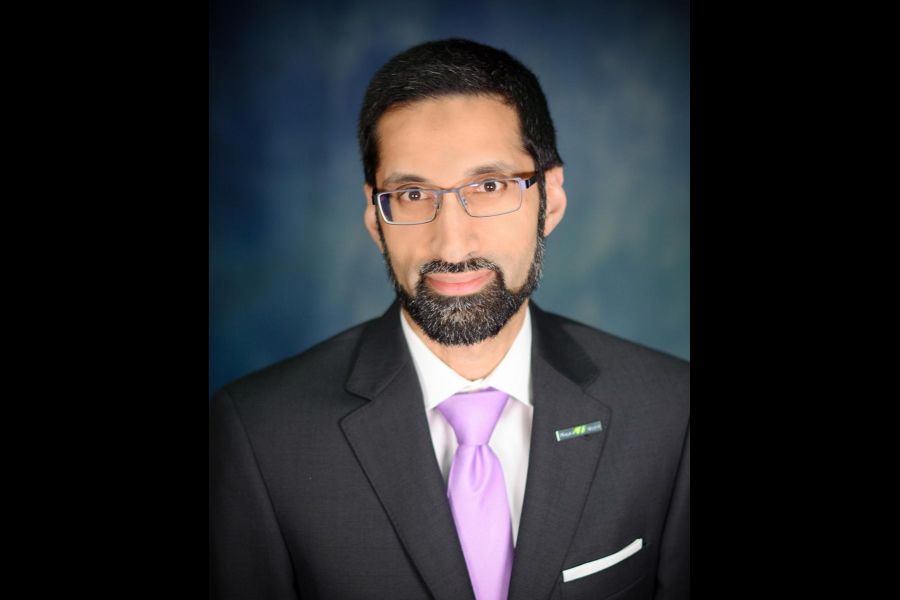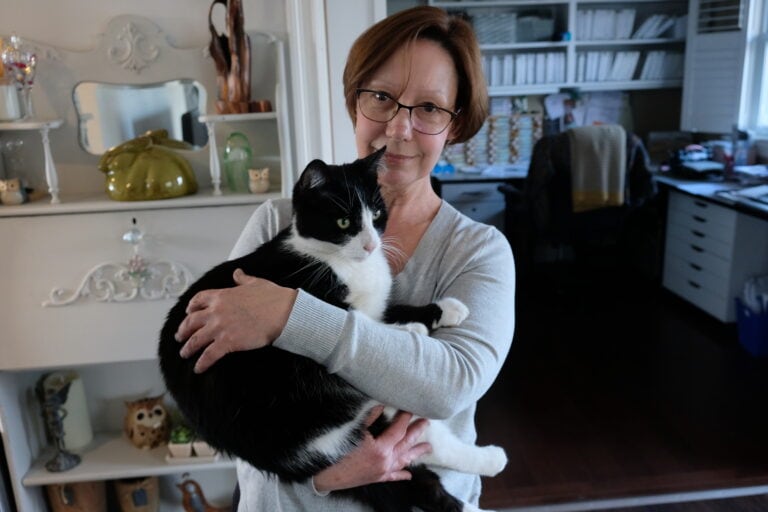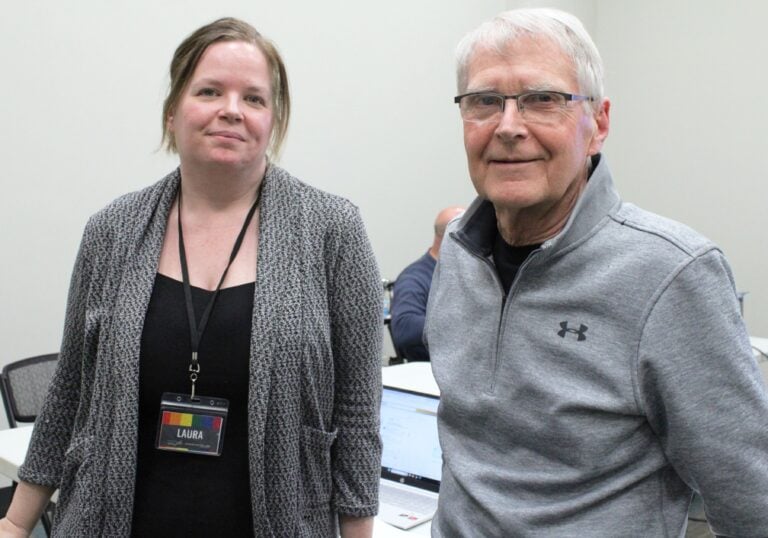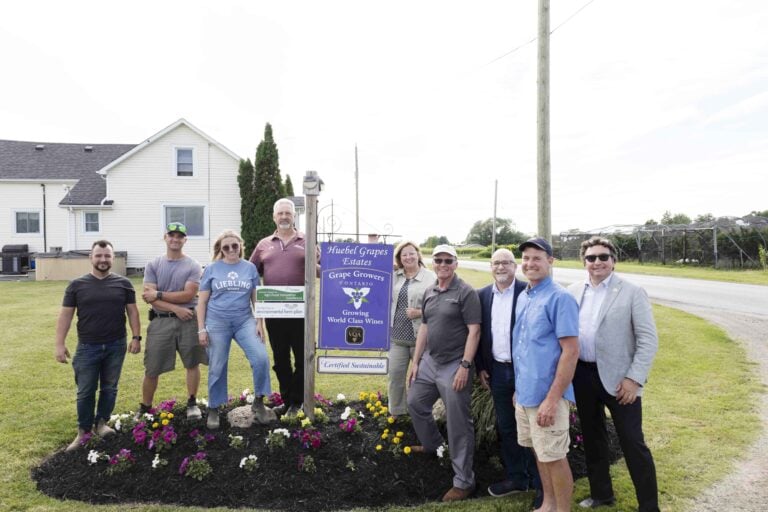Holding a federal election when cases of COVID-19 are rising presents a risk for infection, says Niagara's chief medical officer of health Dr. Mustafa Hirji.
The Lake Report asked Hirji how people and candidates can be as safe as possible during the upcoming election season.
Hirji said during elections campaigning can present a risk to voters. He advised all candidates to make sure they've been vaccinated too.
“When elections come, there's often some in-person campaigning and that, of course, creates the risk of social interaction and infection spreading,” he said.
“Every candidate really should get vaccinated as well as their staff and volunteers. If they're going to be out and about campaigning, I think it's really important they've done what they can do to protect themselves, but of course, protect the people that are going to be interacting with their potential voters, so they're not spreading infection to their potential voters,” he said.
Door-knocking can be done “relatively safely,” he said, by knocking and standing back six feet.
“You knock on the door, you take a few steps back, you make sure (you're) two metres apart, the conversation happens on the doorstep where it's outdoors, that's not really an issue,” he said, noting he's more worried about campaign events where people gather together.
He advised trying to minimize those situations.
“A lot of events, particularly by national leaders, are maybe more about the media coverage, so maybe try to do events where you don't actually have the crowd there and you actually just have the media visuals,” he suggested.
Locally, events will be smaller, he said, but urged that COVID-19 precautions be taken.
“(It's) really important to try and do everything to minimize the risk from those, so try and have those events outdoors,” Hirji said.
“We're fortunately still in the time of year when there's good weather, so hopefully that's doable. Space everybody two metres apart, get everybody to wear masks, take all those usual precautions (that will) limit the spread of infection. Hopefully if we do all of that we can see a pretty limited spread from this election,” he said.
He noted some other provinces had elections last year, “and fortunately we didn't see a lot of spread of infections linked to them. Newfoundland had a little bit of a spike, but that was it.”
When it comes to actually voting, Hirji said one suggestion is to mail in your ballot — an option that's been available in Canada for decades.
“You can request a ballot from the province and send that in, so I'd actually first off recommend lots of people take advantage of that option,” he said.
“That way you don't even need to go to the polling station, you don't have any of that interaction with others, and that makes it safest because you submit your ballot from home. You just need to make sure you've made a decision about a week before the election so you can mail that off in time.”
For those looking to vote in-person, he suggests on top of taking normal COVID precautions, people should try to go when it's less busy and take advantage of advance voting days.
He recommends avoiding going first thing in the morning, which is typically a busy time.
While ensuring public safety at polling stations will be up to Elections Canada, he also recommends sanitizers at stations, keeping people six feet apart and limiting the number of people inside at one time.
“Hopefully Elections Canada can put out some advice on what are times of day where they've generally seen lower numbers of people coming in to vote and so maybe those are times that are better to go in to vote.”











